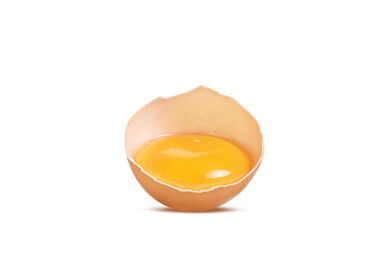France illegally banned GM crops

The 2008 French ban on the cultivation of genetically modified crops (GM) was illegal, but growing the crops next year is very unlikely.
France’s highest court this week confirmed the European Court of Justice’s judgment that the French GMO ban was illegal.
Both courts overturned the national ban declaring the French Government presented no scientific evidence of any risk to health or the environment from these crops.
EuropaBio’s Director of Green Biotechnology Europe, Carel du Marchie Sarvaas, said: “These judgments from the highest European court and the highest French court send one message loud and clear: bans of GM crops cannot be based on political dogma.
“As both judgments state, no ban on planting GM crops can be declared without valid scientific evidence, something that France and other European countries have not produced.”
Continued political opposition
Despite the court’s decision it is unlikely that genetically modified maize is to make it into French fields next year.
However, evidence rises that France will launch new restrictions. French president Nicolas Sarkozy said this week the government was preparing a "new safety clause" to forbid sowing of MON810 produced by Monsanto.
"The French government keeps and will keep its opposition against the cultivation of the Monsanto 810 maize on our soil," Sarkozy said during a visit in southwestern France.
Sarkozy, who will face re-election in April although he has not made his candidacy official, said Ecology Minister Nathalie Kosciusko-Morizet and Agriculture Minister Bruno Le Maire were working to implement a new ban on Monsanto’s MON810 that would be based on scientific elements.
Not in 2012
"Now that the government says it will put all its energy in putting a new ban, we can forget about sowings next spring," maize growers group AGPM chairman Christophe Terrain told Reuters on the sidelines of a conference in Paris.
Farmers generally buy their maize seeds by February to sow in April, which leaves them little time to be reassured on the future of GMO maize.
Pierre Pagesse, chairman of Limagrain, the world’s fourth largest seed supplier through its subsidiary Vilmorin, said that even if French growers wanted to sow GMO maize next season they would have a hard time finding seeds developed for European conditions due to scant local research.
Pagesse also stressed how French people were opposed to GMOs but at the same time had no problem eating meat from animals fed mostly, if not only, with genetically modified grains.
Most of the maize and soybean imported for animal feed into the European Union is genetically modified.
Join 26,000+ subscribers
Subscribe to our newsletter to stay updated about all the need-to-know content in the feed sector, three times a week. Beheer
Beheer









 WP Admin
WP Admin  Bewerk bericht
Bewerk bericht